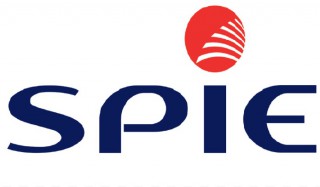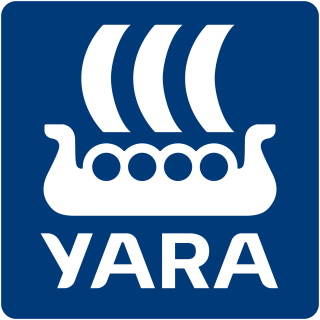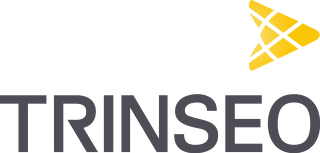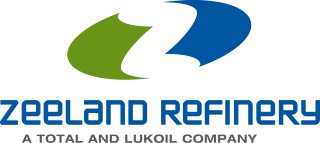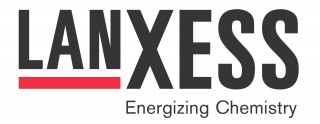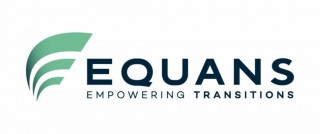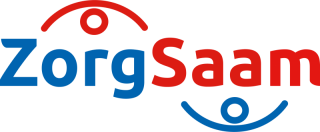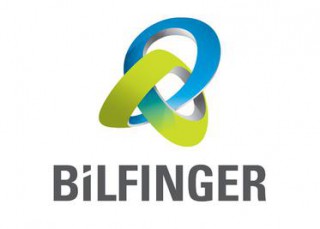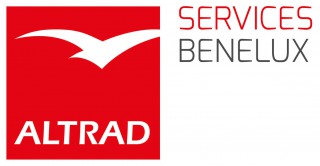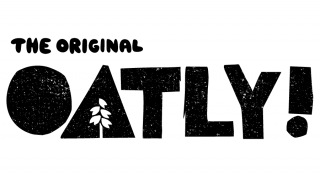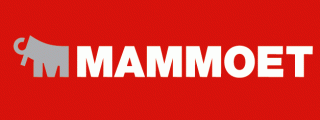Process control
Process Control involves measuring, organising, protecting, operating and automising. Due to the rapid development in the field of Process Control, those involved must constantly be alert in order to keep up-to-date with the latest technological developments.
In the first phase of a project, Process Control focuses on identifying the management, security and automisation aspects of processes. To this end, process-specific requirements for management, security and automisation are laid down in the so-called Process Control Narratives and Safeguarding Narratives, in parallel with the development of P & IDs. In addition, Process Control sets general guidelines for controlling, protecting and automating the process, so-called Control Philosophy and Safeguarding Philosophy.
On the basis of these narratives and philosophies, the Process and E & I disciplines can then select the optimal regulatory and security mechanisms in the second phase. These are then further elaborated in the P & IDs.
In the third phase, regulatory and security mechanisms are selected, based on, among other things, the Narratives and Philosophies, and the necessary hardware (systems and field instrumentation) and software (DCS / PLC / SCADA) are chosen.
Local infrastructure also plays an important role in the positioning or altering of processes and installations. In the first and second stages, Process Control is therefore closely involved with reviews of the process design (P & ID reviews and HAZOPs). In these phases, good cooperation with the client and the Process Department is of great importance to be able to provide a good foundation for the Narratives and Philosophies.
Software packages used
Functions under Process Control




